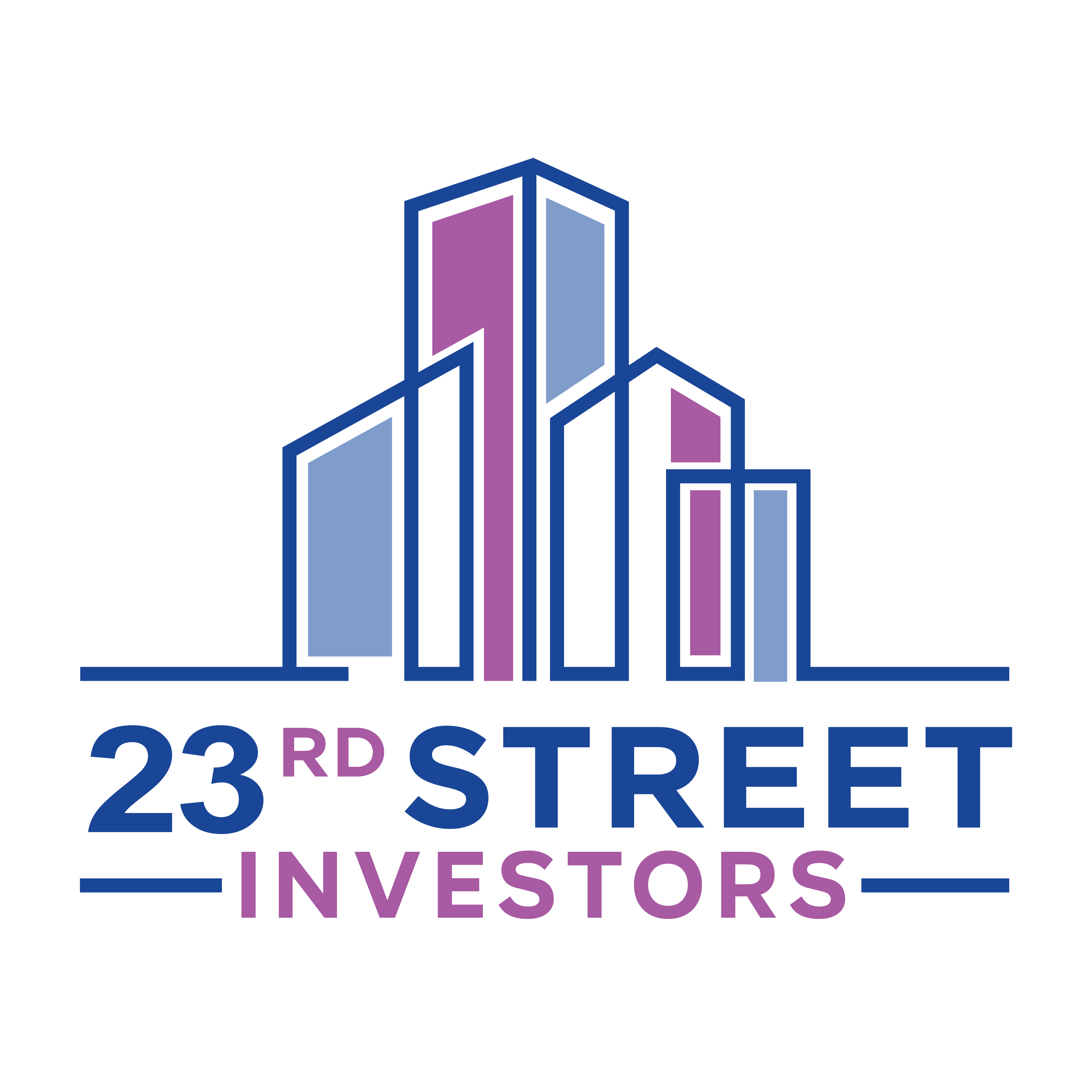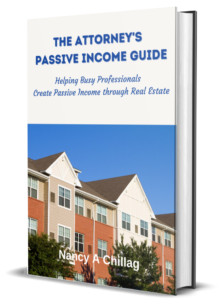Once you decide to dive into the real estate investing world, it won’t be long before you hear the term “Accredited Investor.” Once you notice how many passive commercial real estate or crowdfunded investment opportunities are publicly advertised and therefore limited to accredited investors, you may get curious.
Even if you’re a total newbie, it’s important to know the difference between an accredited and a non-accredited investor and which one you are.
You can find out whether you’re an accredited investor based on a few simple criteria.
What to Look For
To be an accredited investor, you must meet one of two criteria:
- Have had an annual income of $200,000 (or $300,000 for joint income) for the past two years, and expect to earn the same or higher income this year.
OR
- Have a net worth of over $1 million, not counting your primary home.
It May Help to Run Through Examples –
Meet Vicki
Vicki has had a corporate career for 10 years and is single. She just got a raise 2 months ago and now makes $200,000 per year and Vicki’s primary home is worth $1.5 million. She has $700,000 in her 401K and $350,000 between her savings and a few brokerage accounts. She owes $100,000 in student loans.
Is Vicki an Accredited Investor?
Even though Vicki currently makes $200,000 and has reason to believe she will continue making that amount or more in the coming year, her annual income over the past two years has been below the $200,000 criteria.
Vicki’s net worth is: $700,000 (401K) + $350,000 (savings and brokerage accounts) – $100,000 (student loans) = $950,000. Vicki’s home does not count.
Since her net worth is just under the $1 million requirement, Vicki is a non-accredited investor.
Meet Zoey & Evan
Zoey is a physician and earns $285,000 per year. Evan is a stay-at-home dad, so he earns no income. Their primary home is valued at $800,000 and they bought a single-family rental home for $500,000 and have a $200,000 mortgage on it. They have $250,000 in savings, plus $600,000 in retirement accounts. Evan recently received $250,000 in inheritance.
Are Zoey & Evan Accredited Investors?
Based on income alone, they do not qualify, since their joint income is below $300,000. However, excluding their primary residence, it looks like they might qualify under the 2nd test.
They have $500,000 (single family rental) – $200,000 (mortgage) + $250,000 (savings) + $600,000 (retirement) + $250,000 (inheritance) = $1.4 million, which is above the $1 million threshold.
Because they meet one of the two criteria, Zoey and Evan are accredited investors. Woohoo!
What Are the Perks?
The main perk of being an accredited investor is access to more deals. Why is this? Well, in the eyes of the SEC, being an accredited investor means that you are savvy enough to have figured out how to accumulate some wealth. Thus, more investment opportunities are open to you, since you are in a better position to take on risk.
If you’re a non-accredited investor who happens to love real estate, there are still plenty of investment opportunities available, including passive investments through real estate syndications. However, since SEC regulations do not allow investments for non-accredited investors to be publicly advertised, you may just have to search harder to find them. That’s where 23rd Street Investors comes in. We hunt for those special investments and share them with our Street Smart Investor Club members. If you would like to be notified of great investment opportunities in the future, join our Street Smart Investor Club today.


